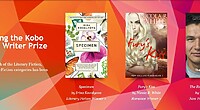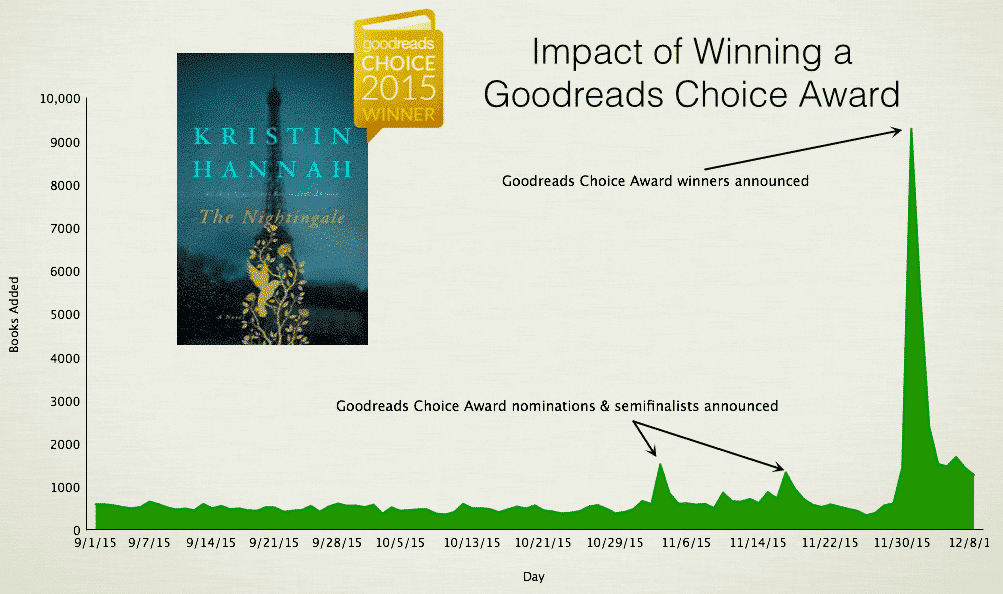When self-publishing first began to gain some measure of respect in the industry, there were a few holdouts that were still largely off limits to many indie authors. While some authors with the initiative and the time to devote have had success breaking into the library and brick-and-mortar bookstores spaces, it’s still problematic for many authors. Several of the major authors’ “clubs” have imposed strict sales requirements before a self-published author can even be considered for membership. Even prestigious book awards initially barred “those” authors from submitting their works, a fact that is thankfully falling by the wayside now that so many more authors have gained huge fan bases with excellent writing.
But there still seems to be a lot of misconception where authors’ guilds and book awards are concerned, namely in what it is they’re supposed to actually do for the author in terms of book sales. It’s one thing to be admitted to the Romance Writers of America; it’s something else entirely to sell enough books to quit your day job. As Goodreads has pointed out, winning one of its coveted book awards titles can send book sales into even higher figures, but only if there’s traffic to go with it.
It’s worth noting that book awards can absolutely drive book sales, but only if the outcome of the award is approached in the right way. IndependentPublisher.com, for example, published a white paper devoted almost entirely to using the finalist or winner status on the book’s cover, on the book’s online sales pages, and even in press releases, if the author is connected to enough news outlets to send the announcement. Even something as simple as listing something like “2016 Gold Finalist” in the author’s email signature helps get the word out about a book’s merits.
There are, however, some pitfalls that authors must be mindful of before entering or hoping to reap benefits from a book award or membership status. First, is this actually a prestigious award, or is it some “contest” that a blogger dreamed up in order to charge entry fees and reading fees? Does the contest itself send out any announcements or host an event to announce the winner? IndieReader, for example, sends out press releases with the finalists and then again with the winners’ names for its IndieReader Discovery Awards, and for years has announced the winners at BookExpo. Finally, was there a hefty entry fee that will automatically negate any potential sales to come from the distinction? With entry fees in some review sites or contests costing upwards of $400, it wouldn’t make sense to enter a book that an author sells for $2.99, just on the hope of even winning.
Essentially, book awards stand to provide vetted recognition for authors of any genre and any publishing model, but only if the author continues the streak with the required legwork that will get that information in front of readers.
Mercy Pilkington is a Senior Editor for Good e-Reader. She is also the CEO and founder of a hybrid publishing and consulting company.

